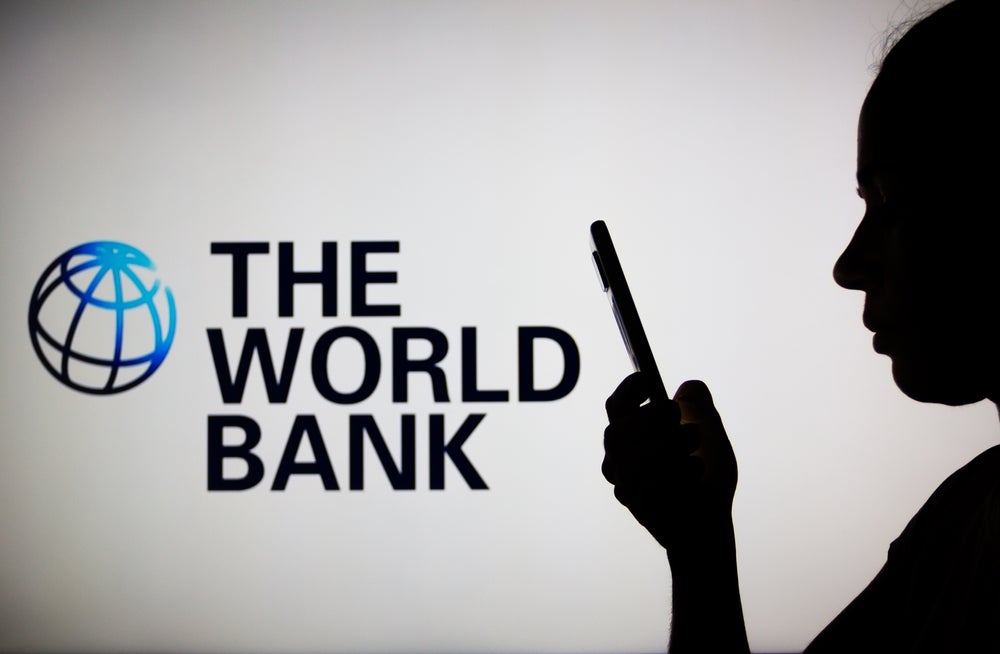
The 2020s was meant to be a transformative decade for development. But the global economy is set to rack up a sorry record by the end of 2024: the slowest half-decade of GDP growth in 30 years. That is the key takeaway from the World Bank’s latest Global Economic Prospects report.
By one measure, the global economy is in a better place than it was a year ago. The risk of a global recession has receded, largely because of the strength of the US economy. But mounting geopolitical tensions could create fresh near-term hazards for the world economy. Meanwhile, the medium-term outlook has darkened for many developing economies.

Access deeper industry intelligence
Experience unmatched clarity with a single platform that combines unique data, AI, and human expertise.
The reasons: slowing growth in most major economies, sluggish global trade and the tightest financial conditions in decades. Global trade growth in 2024 is expected to be only half the average in the decade before the pandemic. Meanwhile, borrowing costs for developing economies—especially those with poor credit ratings—are likely to remain steep. Global interest rates remain stuck at four-decade highs in inflation adjusted terms.
2020s: a decade of wasted opportunity without course correction
Global growth is projected to slow for the third year in a row, from 2.6% last year to 2.4% in 2024. The report highlights that this is almost three-quarters of a percentage point below the average of the 2010s. Developing economies are projected to grow just 3.9%, more than one percentage point below the average of the previous decade. After a disappointing performance last year, low-income countries should grow 5.5%, weaker than previously expected. By the end of 2024, people in about one out of every four developing countries and about 40% of low-income countries will still be poorer than they were on the eve of the Covid pandemic in 2019. In advanced economies, meanwhile, growth is set to slow to 1.2% this year from 1.5% in 2023.
“Without a major course correction, the 2020s will go down as a decade of wasted opportunity,” said Indermit Gill, the World Bank Group’s Chief Economist and Senior Vice President.
Transformation still possible if governments act now
“Near-term growth will remain weak. This leaves many developing countries—especially the poorest—stuck in a trap: with paralysing levels of debt and tenuous access to food for nearly one out of every three people. That would obstruct progress on many global priorities. Opportunities still exist to turn the tide. Transformation can be achieved if governments act now to accelerate investment and strengthen fiscal policy frameworks.”

US Tariffs are shifting - will you react or anticipate?
Don’t let policy changes catch you off guard. Stay proactive with real-time data and expert analysis.
By GlobalDataTo tackle climate change and achieve other key global development goals by 2030, developing countries will need to deliver a formidable increase in investment—about $2.4trn per year. Without a comprehensive policy package, prospects for such an increase are not bright. Per capita investment growth in developing economies between 2023 and 2024 is expected to average only 3.7%, just over half the rate of the previous two decades.
“Investment booms have the potential to transform developing economies and help them speed up the energy transition and achieve a wide variety of development objectives,” added Ayhan Kose, World Bank Deputy Chief Economist and Director of the Prospects Group.
“To spark such booms, developing economies need to implement comprehensive policy packages to improve fiscal and monetary frameworks, expand cross-border trade and financial flows, improve the investment climate, and strengthen the quality of institutions. That is hard work, but many developing economies have been able to do it before. Doing it again will help mitigate the projected slowdown in potential growth in the rest of this decade.”







